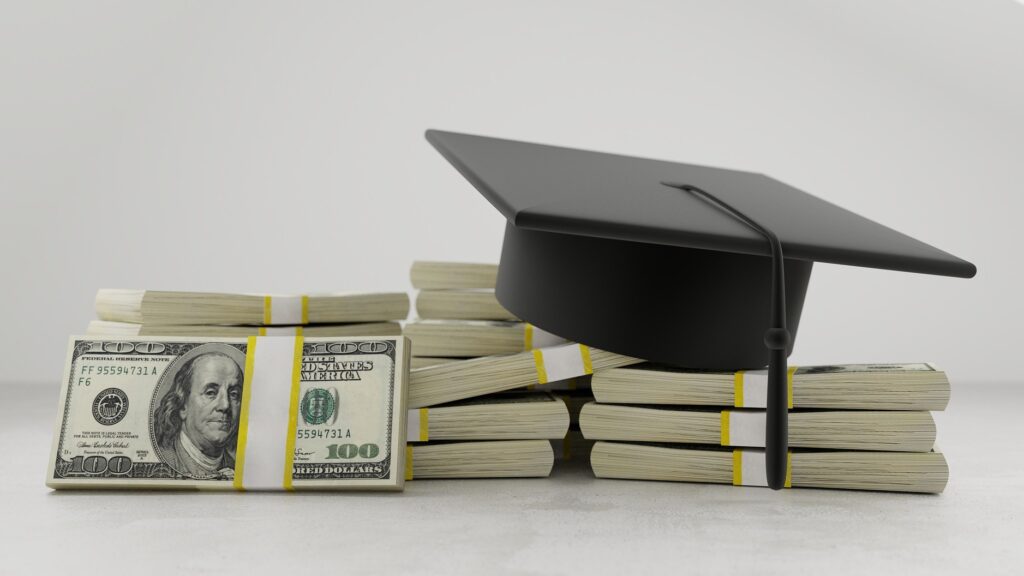Biden Admin Discreetly Changes Student Loan Relief Act, Making Millions Of Borrowers Ineligible For Forgiveness
Backtracking on previous student loan forgiveness guidance, the Biden Administration removed qualifiers allowing Perkins and FFEL loan holders from qualifying for relief.
Biden is touting his unprecedented plan for student loan forgiveness as a major debt reliever for millions of Americans. However, a recent report from NPR found that his administration has discreetly changed a major portion of the program’s guidance. This revision removed Perkins and Federal Family Education Loans (FFEL) as qualifiers, leaving millions now seemingly ineligible.
More than four million borrowers hold these types of loans, according to federal data. Before Thursday, September 29th, the Federal Student Aid site for student loan forgiveness listed both types of loans as being eligible. The guidance noted that they could be consolidated into a federal Direct Loan, which would in turn qualify them for the program.
But as of today, that guidance has changed. It reads, “As of Sept. 29, 2022, borrowers with federal student loans not held by ED cannot obtain one-time debt relief by consolidating those loans into Direct Loans.” It remains unclear why the administration decided to major this major change to the student loan forgiveness program.
However, legal issues are believed to be at the root cause of this quiet reversal. When NPR reached out to the Biden administration for clarity on the changes, a spokesperson responded with vagueness, asserting that they are exploring all “legal” options to continue to provide student loan forgiveness. More than likely, the feds back-tracked, realizing that their inclusion may lead to warranted lawsuits.
FFEL loans are federally backed, however, they originate from private providers. Legal experts believe that if the student loan forgiveness program allowed these borrowers to apply for relief, the private banks that managed them may have legal ground to stand on with claims that it could place financial hardships on their institutions. The old guidance now removed from the program’s site advised these borrowers to consolidate those loans, which consequentially means that the private banks would lose business.
This belief resonates with a similar lawsuit filed just this week against the Biden Administration and student loan forgiveness. Six attorney generals filed a lawsuit yesterday arguing that the plan placed hardships on states including South Carolina, Kansas, Iowa, Arkansas, Missouri, and Nebraska. The suit directly exemplified each state’s loan authority, which directly handles student loans such as FFEL.
While it appears that this reversal may leave millions of borrowers out of the student loan forgiveness program, the White House asserts that it will not affect that many individuals. A spokesperson said that many FFEL loan holders already have direct loans as well, which should allow them to still consolidate the remaining balances on the FFEL ones. However, is remains uncertain how many people will actually go through with this, as the updated guidance does not make any note of this.
Furthermore, the spokesperson said that they are expecting the reversal to impact about 800,000 borrowers. Today, they no longer qualify for any debt relief. And if other student loan forgiveness opposers have success with their lawsuits, neither will others.

Earlier this month, GOP-led states signed a letter addressed to President Biden, urging him to cancel the program before it could be enacted. 22 states were involved. As the growing urgency from many continues to decry the massive student loan forgiveness program, the chances of it never launching rise as well.



